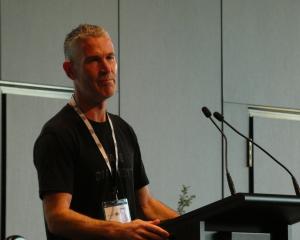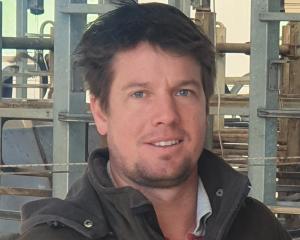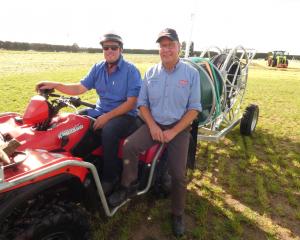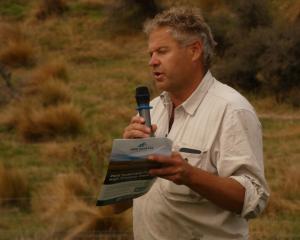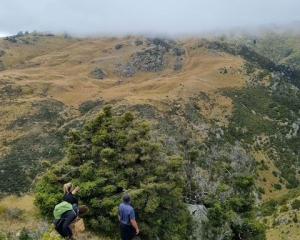
University of Otago food science head Prof Miranda Mirosa said there was a critical shortage of workers in the food technology and agricultural innovation and both industries were desperate for graduates.
To help address the shortage, 12-month postgraduate degree master of applied science in food and agriculture was launched this year.
"It is exciting and it is really interactive, hands-on teaching, doing fun stuff."
The degree teaches "farm-to-fork and beyond" including food systems, principles of agriculture, sustainable food production, processing, chemistry, biotechnology, flavour, brewing and fermentation, shelf life and quality, consumer behaviour, sensory science, and food waste.
About 20 students had enrolled for the course this year and she was "delighted" with the first cohort.
"It shows there’s an appetite."
The programme consists of nine months of classwork and an industry internship for three months to gain practical experience.
Master of applied science in food and agriculture student Andrew Searle was raised on a North Otago sheep and beef farm and was in the first cohort to study the new qualification.
He graduated with a bachelor of science majoring in genetics in 2019.
Work after graduating included being part of the animal genetics team at AgResearch Invermay Agricultural Centre in Mosgiel.
As part of his job he travelled across the length of New Zealand for a year, measuring the methane emissions of rams in a portable accumulation chamber trailer.
"It was cool."
When he learned there was a one-year postgraduate qualification combining food science and agriculture, he enrolled.
A highlight of his study so far was learning about new food pasteurisation method Pulsed Electric Field, which used short bursts of high voltage electric fields to modify the structure of food.
"You can use it to tenderise meat and it can making cutting a potato for fries more efficient."
His sister Connie Searle was in the first cohort to study a bachelor of science majoring in agricultural innovation at University of Otago.
Her involvement showed him how knowledgeable and enthusiastic the lecturers were.
"Which helps you get involved and learn the course material."
University of Otago agricultural innovation programme director Professor Craig Bunt said the Otago undergraduate and masters students in both programmes were very engaged.
"You can get conversations going and there is plenty of backwards and forwards and they’ll soon tell you if they don’t agree with what you are saying, which is brilliant, the industry needs critical thinkers."




